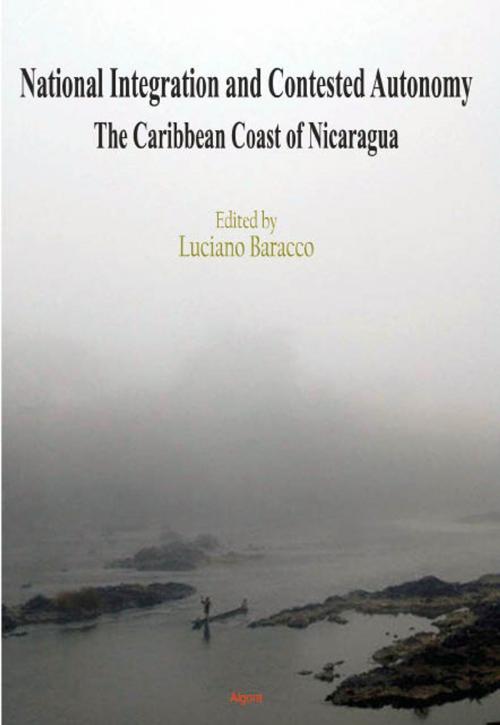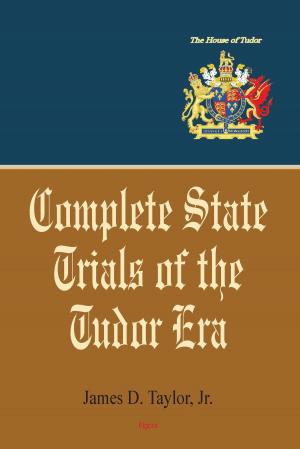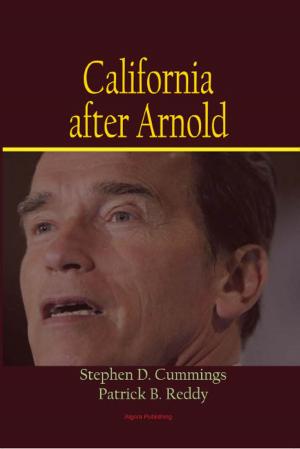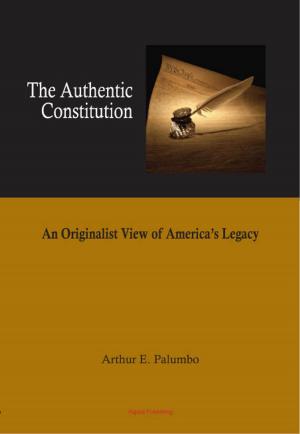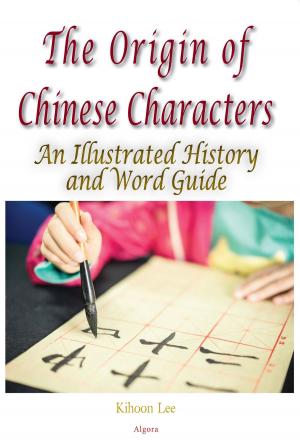National Integration and Contested Autonomy
The Caribbean Coast of Nicaragua
Nonfiction, History, Americas, Central America| Author: | Luciano Baracco and Contributors | ISBN: | 9780875868240 |
| Publisher: | Algora Publishing | Publication: | December 15, 2009 |
| Imprint: | Algora Publishing | Language: | English |
| Author: | Luciano Baracco and Contributors |
| ISBN: | 9780875868240 |
| Publisher: | Algora Publishing |
| Publication: | December 15, 2009 |
| Imprint: | Algora Publishing |
| Language: | English |
The post-Cold War era has witnessed a resurgence of conflictive ethnic and secessionist politics that has placed the taken-for-granted primacy of unitary, sovereign nation-states into question. Along with cases such as Cyprus, Northern Ireland, and the Basque regions of Spain, Nicaragua has sought to resolve prolonged and protracted ethnic conflict, issues of minority rights to self-determination, and questions concerning the sovereignty of national states, through an autonomy process that extended beyond a narrow political settlement to include the exercise of cultural rights and control of local resources.
Autonomy on Nicaraguas Caribbean Coast remains highly contested, being simultaneously characterized by progress, setbacks and violent confrontation within a number of fields and involving a multiplicity of actors; local, national and global. This experience offers critical lessons for efforts around the world that seek to resolve long-established and deep-seated ethnic conflict by attempting to reconcile the need for development, usually fostered by national governments, with the protection of minority rights advocated by marginalized minorities living within nation states.
The post-Cold War era has witnessed a resurgence of conflictive ethnic and secessionist politics that has placed the taken-for-granted primacy of unitary, sovereign nation-states into question. Along with cases such as Cyprus, Northern Ireland, and the Basque regions of Spain, Nicaragua has sought to resolve prolonged and protracted ethnic conflict, issues of minority rights to self-determination, and questions concerning the sovereignty of national states, through an autonomy process that extended beyond a narrow political settlement to include the exercise of cultural rights and control of local resources.
Autonomy on Nicaraguas Caribbean Coast remains highly contested, being simultaneously characterized by progress, setbacks and violent confrontation within a number of fields and involving a multiplicity of actors; local, national and global. This experience offers critical lessons for efforts around the world that seek to resolve long-established and deep-seated ethnic conflict by attempting to reconcile the need for development, usually fostered by national governments, with the protection of minority rights advocated by marginalized minorities living within nation states.
